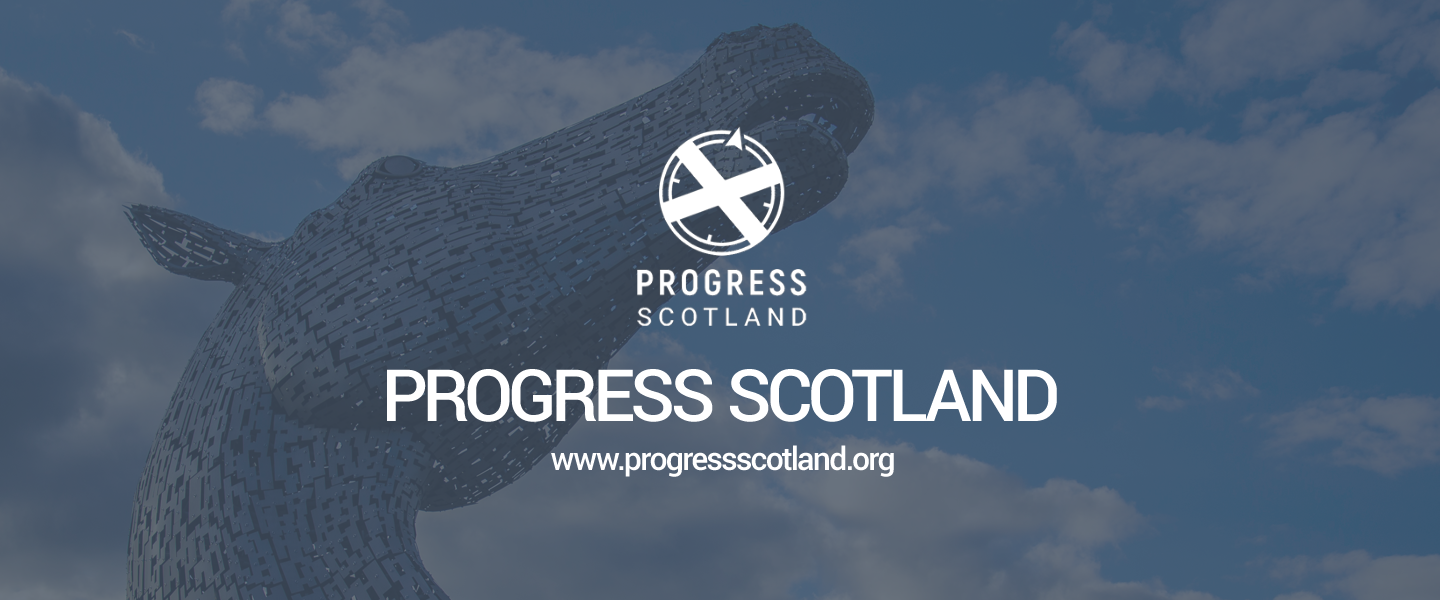
28 - 10 - 2019 / Update
SOME KEY FINDINGS
We have now completed the second Progress Scotland poll, launching and discussing some of the key findings at a recent Conference. The poll has thrown up some interesting and important findings, including:
- 62% think Brexit makes independence more likely while 59% say that they would be more likely to vote in favour of independence if the UK leaves the EU without a deal,
- Over half of voters (55%) think there will be another referendum in the next two years, and 65% think there will be one within five years,
- Of those who expressed an opinion, 48% think there should be another referendum within five years, while 33% do not ever want another vote,
- Around two-thirds (62%) of voters agree with the statement that ‘control over all decisions affecting people in Scotland should be made by the Scottish parliament/government, regardless of which political party is in power’
- Voters overwhelmingly found the phrasing of the 2014 referendum question ‘clear and easy to understand’ (87%), ‘fair’ (81%) and ‘would be satisfied if that question was used again’ (77%)
It is worth remembering the key purpose of the Progress Scotland project is to understand Scots who are open-minded on the independence issue.
Our research so far illustrates that around 1 in 5 fall into category; this group is thinking carefully and seriously about constitutional question, and understanding what they think and how they are reacting to current events will be crucial in deciding the outcome of another referendum when it arrives.
This primary purpose is why we ask the question about current views on independence on a scale of 0-10 rather than a binary Yes/No which are favoured by other polls.
These polls have shown a small but steady and consistent rise in support for independence in the last few months, with all polls conducted in 2019 showing ‘Yes’ at between 47% and 52%.
Asking a question on a scale enables us to get a much more nuanced view of open-minded voters and what they are thinking.
It also means that our focus is not entirely on those who regard themselves as either strongly pro-independence or strongly pro-union.
It also means that the survey can produce some data which is counter-intuitive to what we know from the rest of the poll and from other polling; for example, the finding that 16% of those who voted ‘Yes’ in 2014 are now the staunchest supporters of staying in the UK and that 4% of 2014 ‘No’ voters are now the most steadfast pro-independence runs contrary to findings from other polls and may point to a misreading of the scale by some respondents.
Progress Scotland will continue its focus on the open-minded cohort of voters, undertaking polling, qualitative research and rigorous data analysis to help understand them in more detail.

